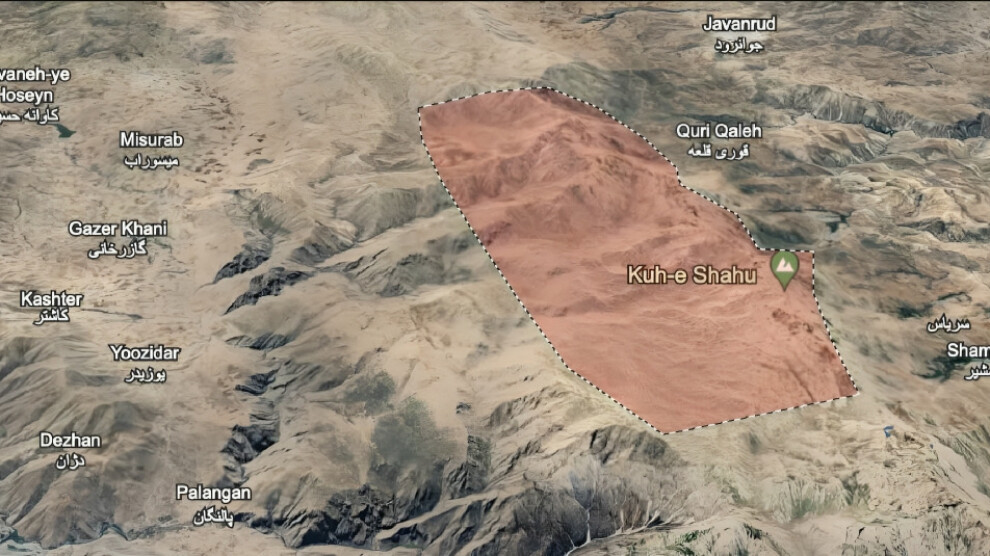IRGC extends military exercise in Kermanshah’s protected areas
Since 2007, the IRGC has established several military bases in the Shaho and Kusalan protected areas, allegedly to counter Kurdish opposition forces.
Since 2007, the IRGC has established several military bases in the Shaho and Kusalan protected areas, allegedly to counter Kurdish opposition forces.

The Islamic Revolutionary Guard Corps (IRGC) has extended its military-security exercise in the Quri Qaleh and Piaz Dol highlands of the Shaho Mountains in Kermanshah Province, which began on 17 July, by three days, the Kurdistan Human Rights Network (KHRN) reported.
According to KHRN, the IRGC also announced artillery shelling in the protected area.
Residents of villages near the Shaho Mountains told the KHRN that on 17 July the IRGC issued a notice banning travel to the Shaho Mountains between Quri Qaleh and Piaz Dol for six days.
Witnesses reported that a significant number of IRGC forces had been deployed to the area under the guise of conducting a military-security exercise.
Originally scheduled to end on 26 July, the exercise has now been extended to 29 July, with artillery and shelling continuing.
The Shaho and Kusalan protected areas, covering 57,236 hectares, are situated between the cities of Sarvabad, Ravansar, Paveh, Marivan, and Kamyaran, bordering Iraqi Kurdistan.
In 2009, Resolution No. 303 of the Supreme Environmental Council (Government Infrastructure Commission) designated these mountainous areas as protected areas under the management of the Ministry of Environment.
Environmental activists claim that since 2007, the IRGC has established several military bases in the Shaho and Kusalan protected areas, allegedly to counter Kurdish opposition forces.
These annual military-security exercises have led to widespread fires in the region.
Despite protests from environmental activists, large areas of pasture and forest have been destroyed to make way for military bases and access roads.
Additionally, every year, IRGC forces deliberately set fire to the pastures and forests around the established military installations allegedly to “prevent Kurdish opposition forces from using the vegetation for attacks”.